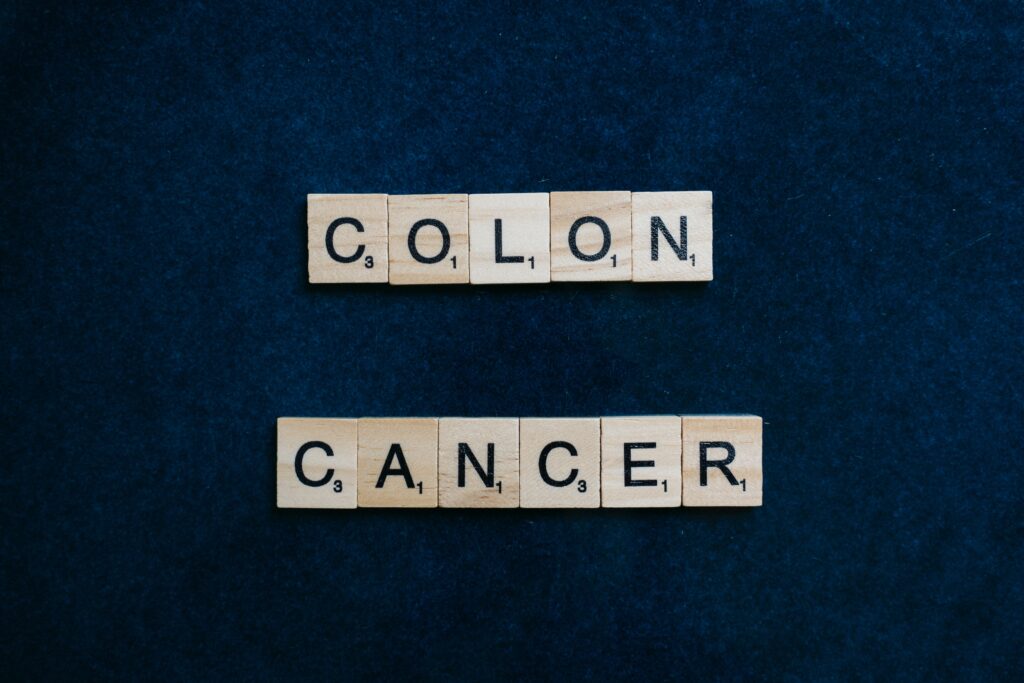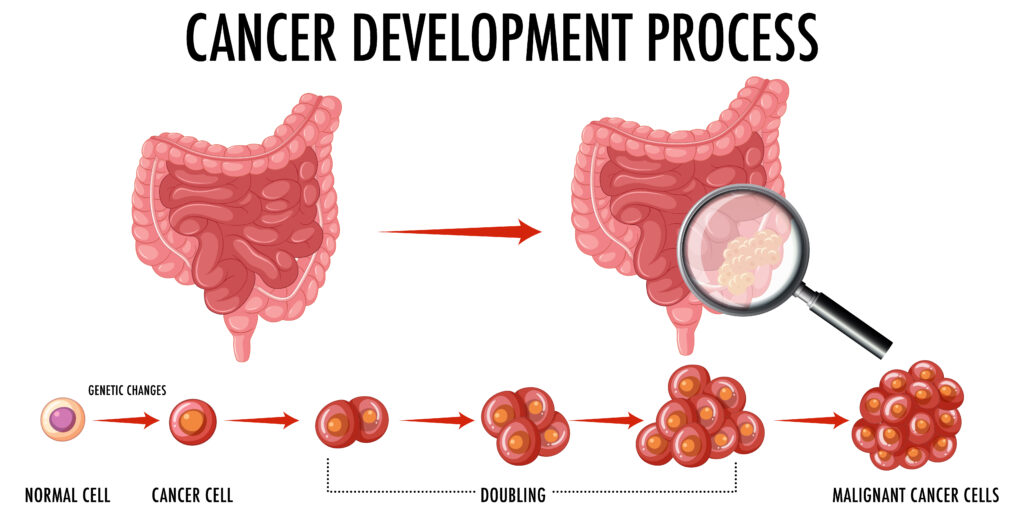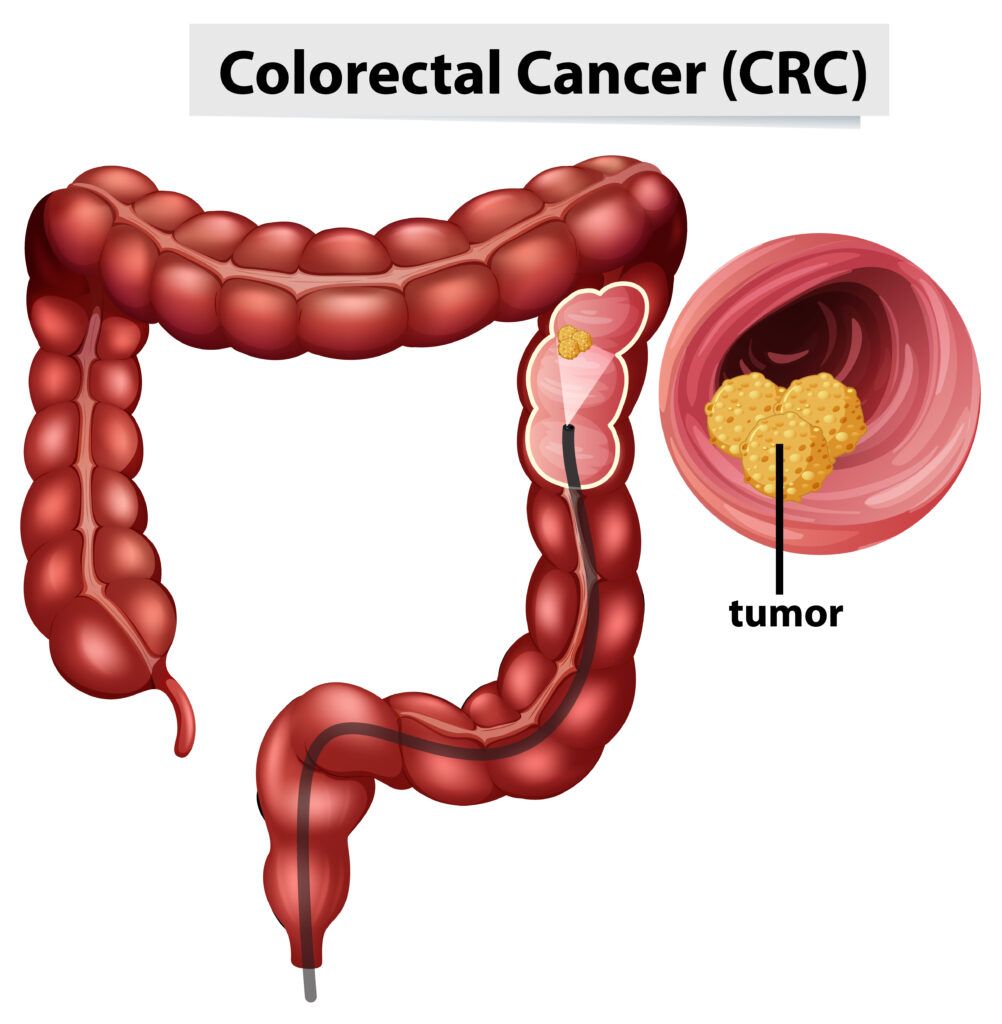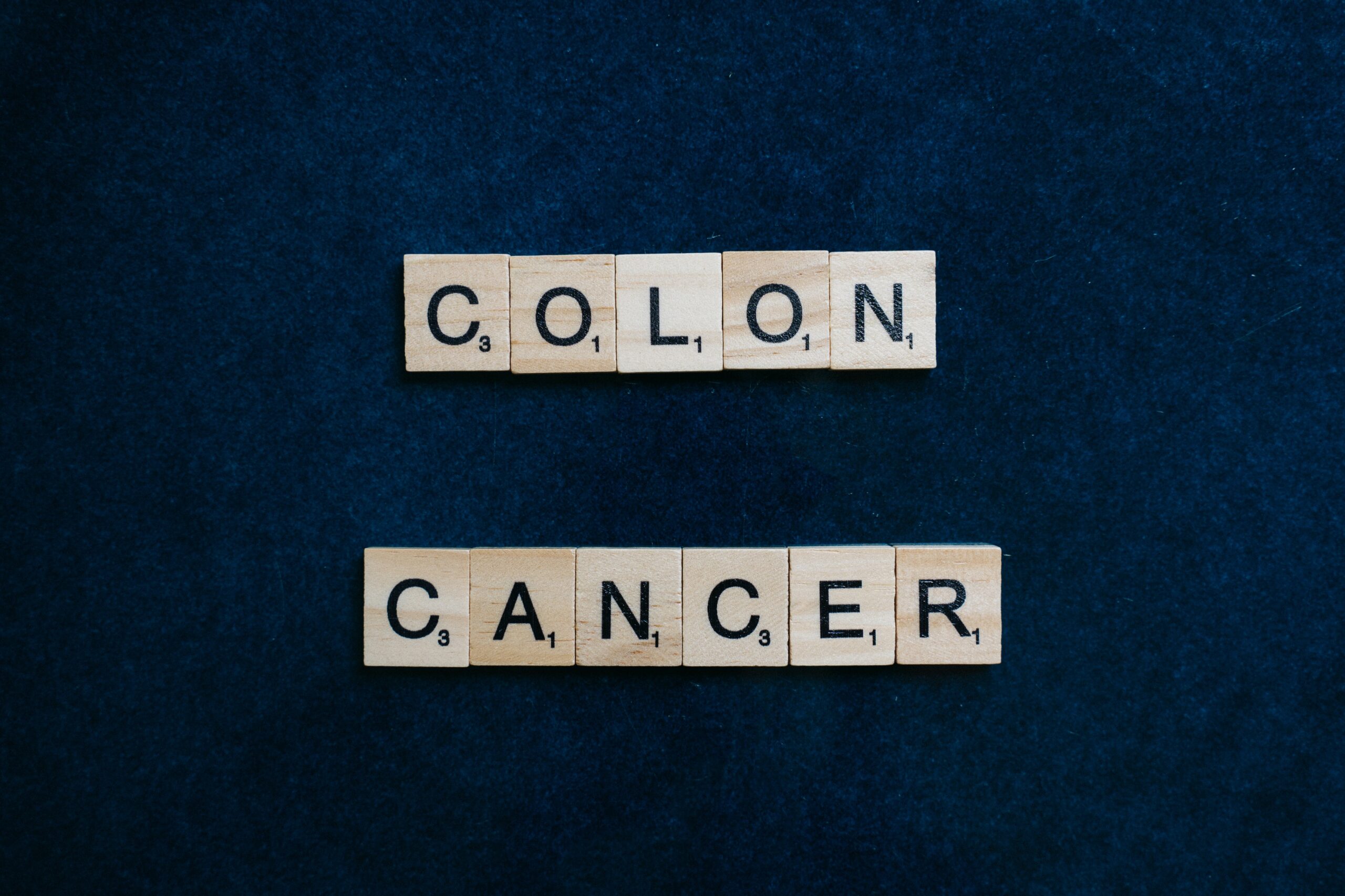Colonic cancer is one of the most common causes of death related to cancer. The colon is the final part of the digestive tract which is a long U-shaped tube, responsible to remove all the waste products of your body.

Risk Factors
Factors that increase the risk of getting colonic cancer can be listed as follows.
- When you are getting older you are at increased risk of getting colonic cancer. The prevalence rate of cancer increases after the age of 50 years.
- If you have blood relatives who have had colonic cancer you are at more risk of getting the disease.
- People who are leading sedentary lifestyles, without engaging in regular activities, and people who are obese are also at increased risk.
- People who eat low-fiber, high-fat diets, red meat, and processed meat are found to be having increased risk of developing colonic cancer than the people who do not get such diets.
- Alcohol consumption and smoking are also identified as risk factors.
- Inflammatory conditions that affect the colon such as ulcerative colitis and Crohn’s disease can also make you predisposed to get cancers.
- People who are having inherited syndromes such as familial adenomatous polyposis (FAP) and Lynch syndrome which are passed from generation to generation through family are also found to be at increased risk.
- African American race
Causes for Colonic Cancer
Although the exact causes are not yet identified, in general, colon cancers are believed to develop due to the changes that occur in their DNA. The adenoma-carcinoma sequence is the accepted model of the development of colonic cancer.
Signs and Symptoms of Colonic Cancer
- Change in bowel habits with looser and more frequent stools
- The feeling of inadequate evacuation of the bowel is also called tenesmus
- Persistent abdominal discomforts such as cramps, gas, or pain
- Symptoms of anemia as shortness of breath, fatigue, and paleness
- Looser and more frequent stools, with or without abdominal pain most commonly occur due to left-sided lesions of the colon
- Per rectal bleeding or blood being mixed with stools occur due to lesions in the sigmoid colon
- Constipation with hard stools can’t be considered a risk factor for colon cancers
- An abdominal mass can be able to be palpated.
- Features of intestinal obstruction can also be present sometimes.
- Unexplained weight loss.

Screening
People who are at average risk and are above 55 years of age are recommended to be screened for colonic cancers. But if you are having an increased risk with a higher number of risk factors which were mentioned earlier in this article, such people are believed to undergo screening investigations sooner than others.
Colonoscopy is the gold standard technique for the examination of the colon and is the investigation of choice for high-risk patients. Fecal occult blood tests and CT colonography are the other two investigations that are used for screening purposes.
Diagnosis of Colonic Cancer
- First, the doctor will assess you by asking specific questions from you about the history of the disease presentation such as for a positive family history of colonic cancer or for any risk factors. Then you will be subjected to special investigations in order to arrive at the diagnosis.
- Colonoscopy is the gold standard for investigations and it allows us to get biopsies to assess the cytology.
- Double-contrast barium enema, Endo anal ultrasound and pelvic MRI, chest, abdominal and pelvic CT, PET scanning, MRI, and assessment of serum carcinoembryonic antigen (CEA) are a few of such investigations which are done to diagnose cancer and to confirm whether there is any spread of cancer to other organs of the body.
Stages of Colonic Cancer
TNM staging is the commonly used system by doctors for the staging of colonic cancers
- T- tumor– Has the tumor grown into the wall of the colon and how many layers are involved?
- N- node– Has the tumor spread to the lymph nodes, for how many nodes and where are the affected nodes?
- M- metastasis– Has cancer spread to other parts of the body, where, and how much?
According to the above components, cancers can be classified into 11 stages. The stage is important in deciding the method of treatment and follow-up plan.
Treatment of Colonic Cancer
- There are many treatment methods and surgical management is the most commonly used treatment for these patients. The surgical procedure is decided by the stage of cancer according to TNM classification or Duke’s classification. These classifications grade cancers according to the size and spread of cancer, while higher grades are associated with poor prognosis.
- Various surgical treatment methods can be categorized below.
- Total mesolectal excision
- A segmental resection
- Local trans-anal surgery
- Surgical or ablative treatment of liver and lung metastases
- Radiotherapy is not helpful for colonic cancers due to the difficulty in accessing the parts proximal to the rectum. But adjuvant post-operative chemotherapy is proven to improve disease-free survival and overall survival of patients with poor prognosis in higher stages of classifications.
Prevention of Colonic Cancer
If you are someone who has a high risk of developing colonic cancer it is important to get yourself screened sooner through the methods recommended under screening in this article. Also, some medications are proven to be beneficial in the reduction of risk and these include Aspirin or aspirin-like drugs. But these drugs are not given to people who have an average risk due to a lack of evidence for proven benefit for them.
Lifestyle Management
- Having a healthy and balanced diet that contains various fruits, vegetables, and whole grains with multiple vitamins, minerals, fiber, and antioxidants is proven to reduce the risk of developing cancer.
- Stopping alcohol consumption and smoking is important. If you can’t stop drinking you must limit the amount of alcohol consumed to one drink per day for women and two drinks per day for men.
- Engaging in regular exercises for at least 30 minutes per day and maintaining a healthy weight through exercises and a healthy diet also plays a significant role in reducing your risk of getting colonic cancer.

References
- Bailey and Love’s Short Practice of Surgery- 27th Edition
- Kumar and Clerk’s Clinical Medicine -8th Edition- Parveen Kumar, Michael Clark
- Oxford Handbook of Clinical Medicine – 10th Edition
- Browse’s Introduction to the Symptoms and Signs of Surgical Disease – 4th Edition – Norman L. Browse, John Black, Kevin G. Burnand and William E.G. Thomas
- Image by brgfx on Freepik
- Image by brgfx on Freepik

